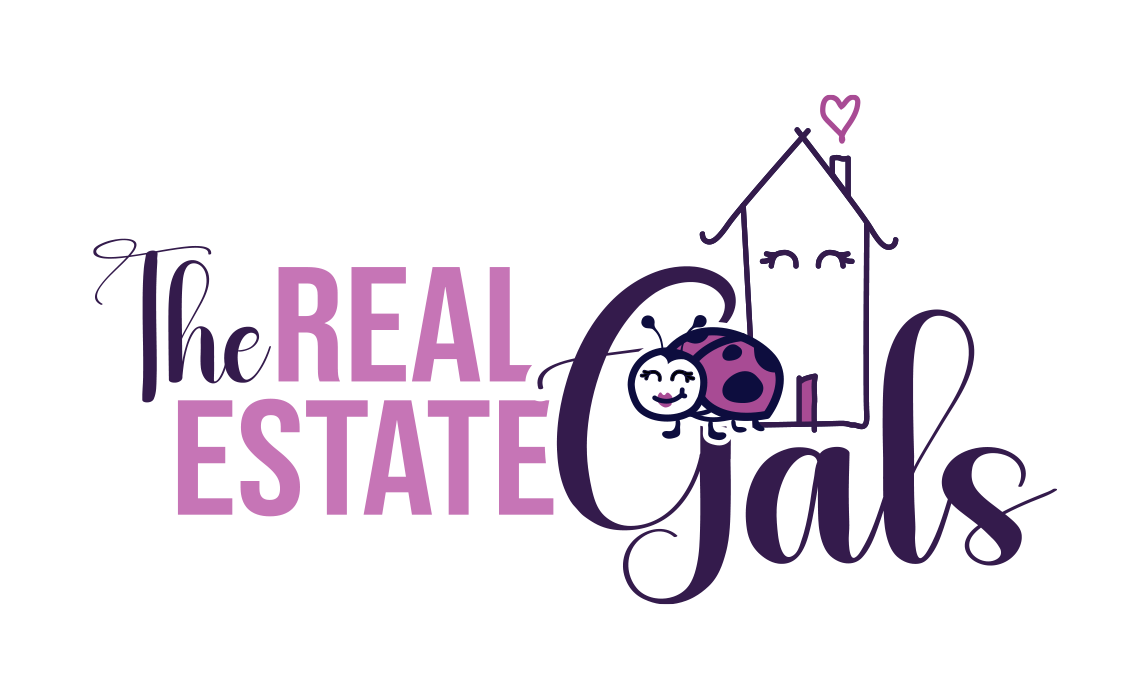10 Questions to Ask a Divorce Lawyer Before You Hire Them
To properly
evaluate which lawyer is best for you, compare their answers to the following questions. And while you may ultimately go with your ‘gut’, taking a structured approach can help you to stay focused during an emotional and stressful time.
1. How long have you been practicing family law? And do you deal exclusively in divorce?
Experience matters when it comes to divorce. There are many variables and complexities in a divorce case and you want someone that can anticipate problems and deal with things more efficiently.
2. Have you worked on cases similar to mine?
Divorces involve a wide variety of circumstances, including children, large estates, business holdings, and much more. A lawyer with experience in situations similar to yours can be beneficial.
3. Do you have courtroom experience or will you go to court if necessary?
Not all family law lawyers will go to court. If you are anticipating a fight, this is an important question to ask.
4. Do you have experience with collaborative family law?
Reaching a settlement outside of the courtroom is the goal of collaborative law. Lawyers training in this process work together to achieve a fair and respectful outcome for both parties.
5. Do you believe it is better to negotiate a settlement or go to court?
This question will help you determine if this person just wants to fight it out or if they will work to settle out of court. Assertive is important, but you don’t want someone too aggressive who will eat up all your funds in court battles.
6. How many cases are you currently handling? Will anyone else be working on my case?
You want someone that is busy, but not so busy that you will have difficulty getting in touch with them or only dealing with a junior associate. You want a lawyer that has time for you and will give your case the attention it deserves.
7. What is your process/strategy for my case?
A clearly articulated strategy and process speak both to organization and experience. An experienced lawyer will be able to clearly explain the steps involved in your case, what information you’ll need to provide, timelines, and more. In addition, they will seek your input and approval on both the strategy and key steps along the way. You want a lawyer that respects how you want to handle things.
8. How will we communicate and how often?
Communication is a crucial part of working with a lawyer, both for staying up to date on your case and being able to reach them in an emergency. A good lawyer will have a clear process for communication and be reachable by email, text or phone as needed and as appropriate. Ensure you are comfortable with their communication style as this is a critical part of your working relationship.
9. How much do you anticipate this will cost and what are your fees?
No lawyer will be able to give you an accurate estimate of what the entire process will cost. There are simply too many variables. While they may be able to provide ballparks based on past experience, be sure to understand what their fee structure and retainer are. What is their hourly rate? Do they charge for every phone call? If other associates work on the case, how are they charged out? Are there extra fees if we go to court? Understand, though, that cheaper is not always better.
10. Do you know my spouse or my spouse’s lawyer?
You don’t want a lawyer that has a prior relationship with your spouse, no matter how professional they are, as it could cloud their judgement. They may be more likely to know your spouse’s lawyer. This may or may not be an issue, depending on what their relationship is, and could even work to your advantage if they have come up against them in the past.
